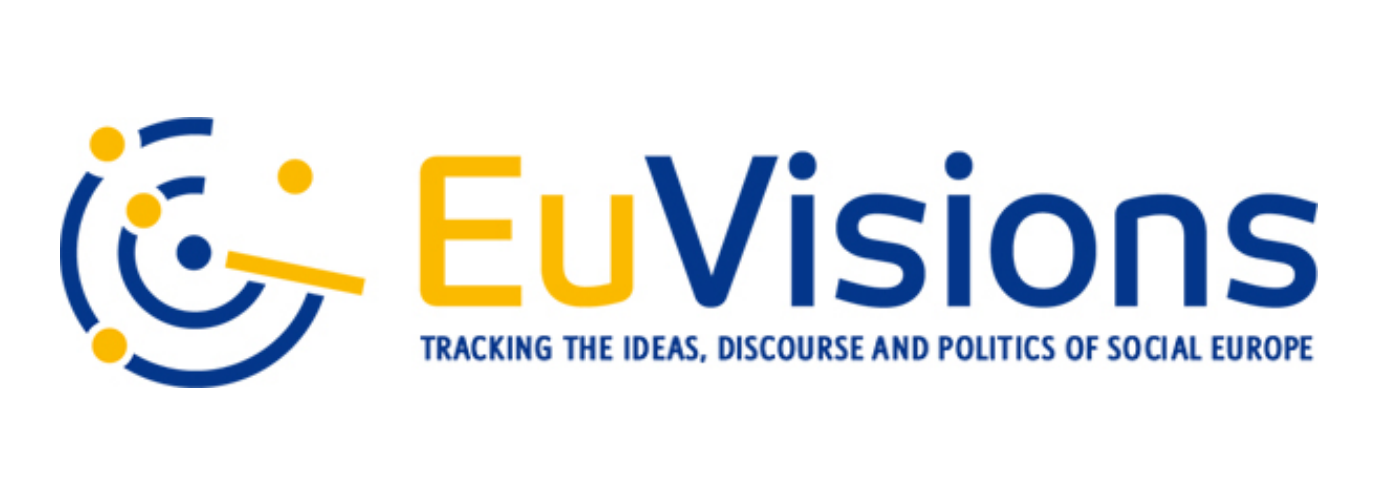We are really glad to inform you that the full report on the “European Social Union” debate is now available for download here and on the EUVISIONS website.
EuVisions is an emanation of REScEU (Reconciling Economic and Social Europe: Values, Ideas and Politics), an ERC-sponsored project aimed at investigating the progressive divergence between the economic logic of European integration and the welfare state—culminating with the euro crisis—and formulating a positive and normative theory of their reconciliation. As such, EuVisions operates within the conceptual framework set by its parent project, and primarily under two guiding principles derived from neo-Weberian theory: first, a multi-causal logic of social action, combining ideational, material and institutional factors; second, a conflictual view of society and politics. In particular, it is around four lines of conflict—or divides—that the politics of social Europe is mostly structured: market-making vs. market-correcting; core vs. periphery; free movement vs. national closure; integration vs. autonomy.
As REScEU’s empirical arm, EuVisions has among its most immediate goals that of documenting the salience and characteristics of the four divides of social Europe, observing for each the main actors, their grievances and alliances, patterns of political behaviour, dominant ideas and discursive tropes. This is done throughout the project, but most notably in its data part, where the four divides constitute both a key criterion of data collection and an important variable across the four pillars. This page highlights this aspect of EuVisions by showing an overview of each of the four divides and their main empirical traits.







